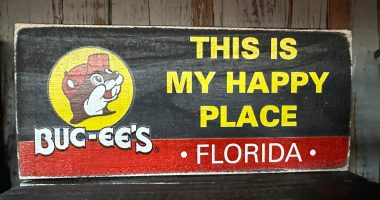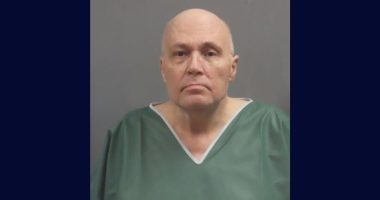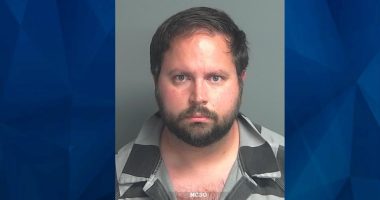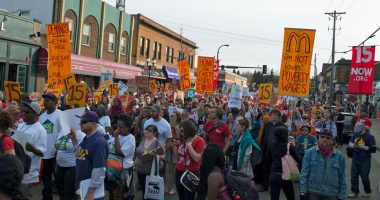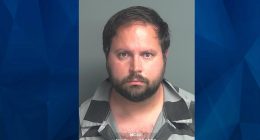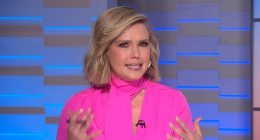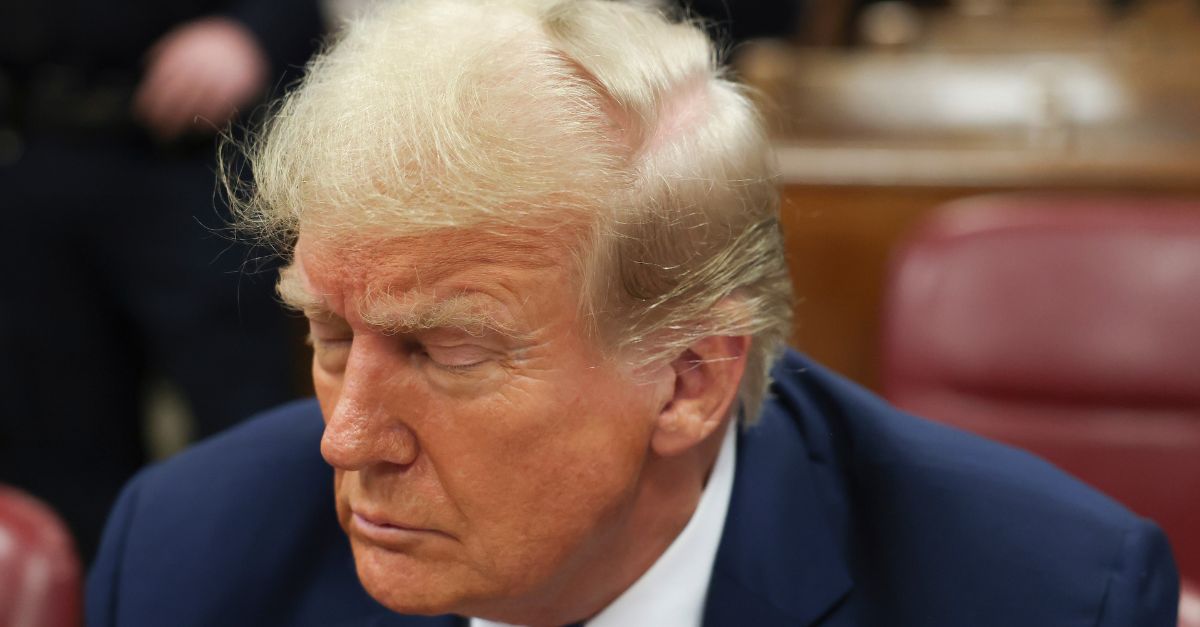
Former president Donald Trump, center, awaits the start of proceedings at Manhattan criminal court, Monday, April 22, 2024, in New York. Opening statements in Donald Trump’s historic hush money trial are set to begin. (AP Photo/Yuki Iwamura, Pool)
A federal judge has set a few ground rules around what prosecutors can and cannot ask about former president Donald Trump should he ultimately take the witness stand in his ongoing criminal hush-money and election interference trial.
New York Supreme Court Judge Juan Merchan read a Sandoval ruling, as promised, in court on Monday. As Law&Crime previously reported, a Sandoval hearing is a routine procedure and occurs when the parties wish to assess a defendant’s criminal background and set boundaries for what can or cannot be subject to cross-examination.
Cases that prosecutors wanted to use to undermine his credibility included his defamation trial defeat involving the writer he sexually abused, E. Jean Carroll, and matters from his civil fraud case prosecuted by New York Attorney General Letitia James. They also wished to question him about Trump v. Clinton, a lawsuit Trump brought alleging Hillary Clinton and her top advisers and former FBI Director James Comey tried to sway the 2016 election outcome against him.
From the courthouse in Manhattan, CNN reported that Merchan greenlit questions around the civil fraud case where Trump was fined more than $350 million after he was found to have engaged in widespread fraud for years in Manhattan’s real estate industry.
Merchan said that prosecutors will also be allowed to question Trump, should he take the stand, about the two occasions he violated his gag order during the civil fraud trial.
The judge also agreed with the request from Manhattan District Attorney Alvin Bragg’s team that prosecutors be allowed to probe Trump about the verdicts against him in Carroll’s case. Trump has denied allegations of rape despite the court’s finding that in the common understanding of the word, he raped the veteran writer in a dressing room in the 1990s.
They can also ask the former president questions about the stipulated agreement to dissolve the Trump Organization, Lawfare reported Monday. They will not, however, be able to ask about the organization’s 2022 tax fraud conviction should he testify, Merchan ruled.
And there will be no questions permitted either about the ruling from Trump v. Clinton. Prosecutors underlined to Merchan last week that a Florida court sanctioned Trump and ordered him to pay $937,989 in fees for filing a “frivolous, bad faith lawsuit.”
The former president has pleaded not guilty to all charges he faces and is appealing both his judgment in the civil fraud case as well as the Carroll defamation case. Trump has said that he would testify. He briefly did so in his defamation trial but it was short-lived and very contentious.
Opening arguments are expected Monday after a jury was seated last week.
Have a tip we should know? [email protected]

